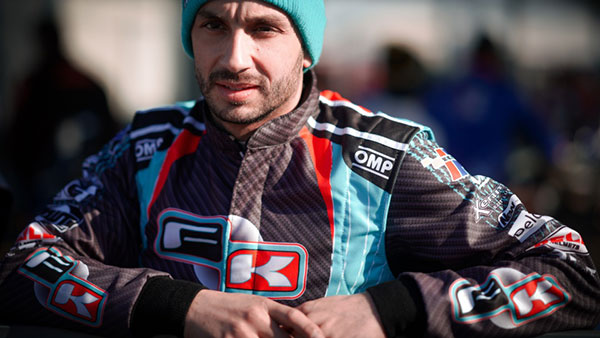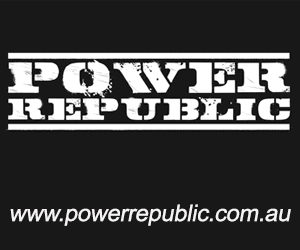from FIA Karting
A professional driver with the Italian manufacturer IPK, in the Formula K colours, the Frenchman Jeremy Iglesias has been racing at a high level for more than 12 years.
Three times FIA Karting European Championship vice-champion in KZ, he is one of the most respected drivers in the paddock thanks to his recognised talent and his unanimously appreciated fair play.
As deconfinement is gradually spreading across Europe, at the beginning of May 2020 he speaks about the effects of the COVID-19 pandemic.

JEREMY, HOW DID THESE WEEKS OF CONTAINMENT GO FOR YOU?
Like everyone else, I stayed quietly sheltered at home with my loved ones. I tried to stay active and motivated away from the racetrack. At first, I felt a certain anxiety when I saw the number of infections increasing every day and I wondered how far it would go. Fortunately, the containment and physical distancing has paid off, but we must not decrease our efforts.
I did everything I could to stay in shape to be ready to compete again. I didn’t want to let it come as a surprise and regret not having done the right thing. Luckily, at the end of last year I started working with a coach for the first time in my career. I put my trust in a young man who is starting out in this business, Grégory Monin and his EPS company. I wanted to improve my physical condition which didn’t feel optimal after the diet I had had to follow when the minimum weight for the KZ category was lowered. Being supported by a specialist helped me a great deal during the confinement thanks to a specially adapted nutritional programme and daily activities. Preparing myself physically and mentally helped me to maintain my motivation in view of the European and World Championships which I am looking forward to.
WHAT IS YOUR RELATIONSHIP WITH YOUR EMPLOYER LIKE?
I realise how lucky I am to work for a significant company like IPK which has the ability to support this phase of inactivity. We have found common ground with a form of short-time working that allows me to continue to receive a salary without putting the financial health of the factory in jeopardy, because I understand that it is not possible to pay employees 100% at the moment. I am well aware that this must be much more complicated for smaller companies that may not have been in their best shape before the pandemic. When the racing stops, the whole system that revolves around it is paralysed. I admit that this is worrying for the karting world in general.
YOU STARTED TO DIVERSIFY YOUR ACTIVITIES AT THE BEGINNING OF THE SEASON. HOW IS IT GOING?
Yes, I have created a team, in direct collaboration with the IPK factory, to manage young French drivers in national and international competitions, particularly in the KZ2 category. Unfortunately we were only able to do one race before everything was blocked. We are now waiting for the recovery. France is gradually starting to come out of the confinement from 11th May. The track at Brignoles, which is managed by my brother Yannick, can accommodate a few drivers while respecting strict sanitary rules. I plan to go there very soon to receive some equipment and do some tests before I can go to Italy.
DO YOU MISS RACING?
Like any driver I am only waiting for one thing: to be able to race. I can see that in Italy, the maximum is being done to organise competitions in the near future. I know that the FFSA is working effectively on this subject as well. The situation is progressing, but we must remain patient. On the other hand, what we don’t know is how the foreign drivers are going to get to the circuits. In France, for example, we are limited to travelling within a 100 km radius of our home, at least until June. Drivers for international competitions come from all over the world, which will complicate things.
In terms of health, karting can adapt to the new constraints of the pandemic if everyone is disciplined. Wearing masks, respecting distance, limiting the number of people, none of this is impossible. I think everyone is aware that if we start again as before without taking precautions, the consequences could be much more serious. Other sports, which present more risks of contact, such as football, are announcing a return to competition, so why not karting?
In addition to the health crisis, we are going to have to face an economic crisis. I was trying to imagine the financial consequences that will affect other sectors as well, because we cannot just think about karting. It is certain that many sectors will suffer, we can see this simply by looking around us. Thoughtful behaviour will give us a better chance of overcoming this ordeal.


